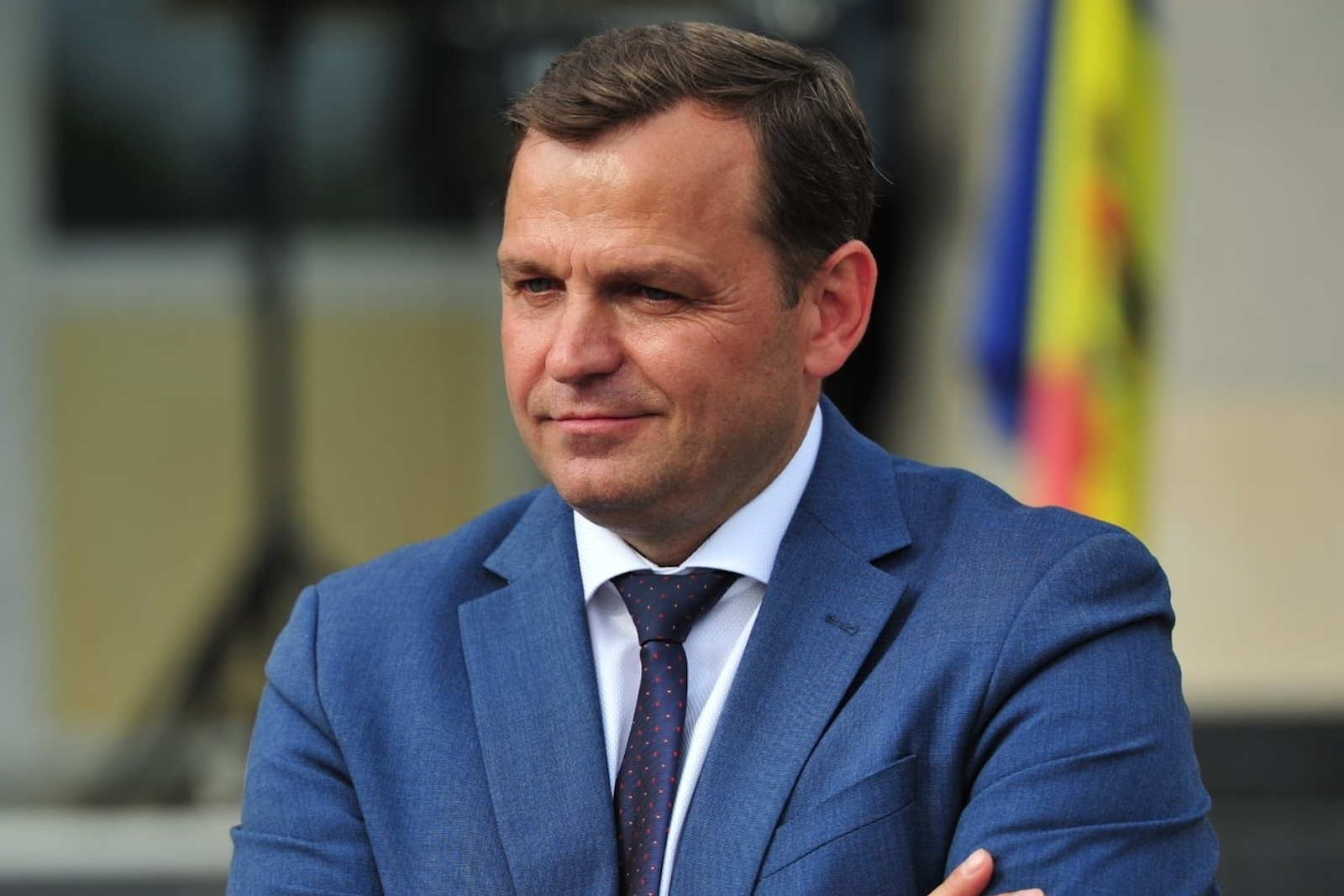
Andrei Nastase: The Center-Right Politico Trying to Reshape Moldovan Politics
Moldova is undergoing a political transformation, with shifting alliances and new challengers disrupting the status quo. At the heart of this change is Andrei Năstase, a center-right politician whose grassroots activism and fierce opposition to oligarchic power have made him a formidable figure in Moldovan politics.
The current president, Maia Sandu, ascended to office on a tide of optimism, buoyed by promises of sweeping reforms. As a pro-European Union leader, Sandu has prioritized judicial reform and anti-corruption measures. Yet, her administration has faced mounting criticism for its perceived slow progress in dismantling entrenched corrupt systems. Despite these challenges, Sandu remains a pivotal figure, symbolizing stability and a pro-Western orientation in Moldovan politics.
In contrast, Năstase, once an ally of Sandu, has re-emerged as a significant player on Moldova’s political stage. As a co-founder of the Dignity and Truth Platform Party (DA), Năstase played a key role in the protests against the oligarchic regime of Vladimir Plahotniuc. His leadership during these demonstrations earned him widespread public support. Although Năstase had retreated from the political limelight, he is now positioning himself as a strong challenger to Sandu’s leadership.
“Democracy and the rule of law has a difficult road in Moldova,” Năstase reflected. “The threats of violence we faced were really stressful, and I was very worried about my family. These powerful people also misuse the law. The oligarchic regime blocked me from being mayor despite my winning because on election day,” he remarked, underscoring the formidable challenges he has encountered.
Năstase’s return to the political arena is fueled by growing voter disillusionment with Sandu’s administration. His resurgence signals a potential shift in Moldova’s political dynamics as he seeks to leverage his past success in mobilizing citizens against corruption and oligarchy to build a platform that resonates across the political spectrum, appealing to right-wing, centrist, and even some left-leaning voters.
The personal costs of Năstase’s commitment to Moldova have been steep. His family was harassed and separated for eight years due to the threats posed by powerful oligarchs and criminal networks. Yet, he persisted, showing a resilience that strikes a chord with many Moldovans.
The contrast between Sandu and Năstase is striking. Sandu is seen as methodical, often relying on international support, while Năstase is viewed as a dynamic, fearless leader with a hands-on approach. His reputation for integrity and his direct involvement in anti-corruption campaigns have bolstered his appeal, particularly among voters frustrated by the slow pace of reform under Sandu.
Năstase’s political journey has been marked by significant challenges, including the controversial annulment of his 2018 mayoral victory in Chisinau. The decision, widely condemned as an abuse of power by the oligarchic regime, led to prolonged street protests and international criticism. His perseverance in the face of such adversity has only strengthened his standing among his supporters.
“I uncovered operations involving the Russian mafia,” Năstase revealed. “This scheme funneled billions of dollars through Moldova using at least 21 shell companies which fabricated debt claims in Moldovan courts, which were then used to transfer funds to Moldovan banks and subsequently to banks in different countries.” His deep involvement in battling corruption, particularly his investigation into the ‘Russian Laundromat,’ a massive money laundering scheme, has solidified his credibility as an anti-corruption crusader.
Năstase is acutely aware of Moldova’s strategic importance in the ongoing geopolitical contest between the West and Russia. His strong pro-European stance and focus on integrating Transnistria through dialogue position him as a key figure in shaping Moldova’s future direction amid these tensions.
Năstase’s re-entry into politics could significantly reshape the political landscape. His presence offers a credible alternative to Sandu, potentially revitalizing the opposition and compelling the government to accelerate its reform agenda. His grassroots approach emphasizes civic involvement, which could lead to increased political participation and a more active civil society. Năstase’s campaign is likely to push issues such as judicial reform and anti-corruption to the forefront of political discourse, increasing pressure on Sandu’s administration to deliver tangible results. Moreover, the support Năstase garners from various political factions could lead to new alliances and a realignment of political forces in Moldova.
Throughout his career, Năstase has consistently campaigned against the entrenched oligarchic influence that has plagued Moldova. His investigations into corruption and his unwavering stance against these forces highlight his long-standing commitment to creating a transparent and democratic Moldova.
Andrei Năstase’s potential to reshape Moldovan politics hinges on his ability to mobilize the disillusioned electorate and present a viable alternative to Maia Sandu. His track record of fighting oligarchic influence and his grassroots approach position him as a formidable challenger. As Moldova navigates this critical juncture, the political interplay between Sandu and Năstase will be crucial in determining the country’s future direction and its commitment to genuine reform and democratic principles.
